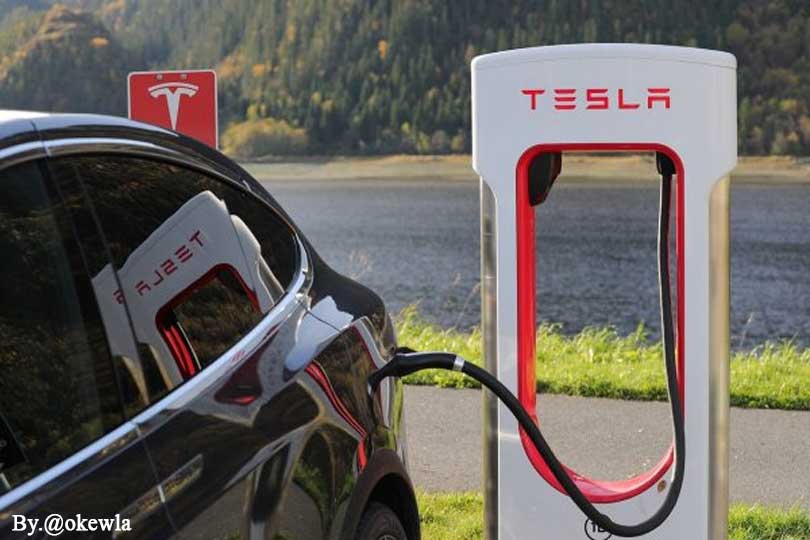The Invention of the Electric Car and Its Development – Electricity has become a need for us every day, even existing technology definitely uses electrical energy. And we can find tools made from electricity every day. From toys, vehicles, to household appliances. In fact, even tools that we don’t actually know the use of use electricity. From the simple to the complex. In fact, space ships also use electricity. One thing we will discuss is the discovery of electric cars and their development.
The invention of the electric car has fundamentally changed the landscape of the automotive industry and is leading us towards a more sustainable mobility future.
History of the Invention of the Electric Car
The concept of electric cars first appeared in the 19th century. In 1828, the invention of the Hungarian physicist, Ányos Jedlik, demonstrated the basic principle of the electric car. However, the real development occurred in the mid-19th century when Scottish inventor, Robert Anderson, created a primitive electric car that used non-rechargeable batteries.
Then, in 1879, Thomas Edison , the famous inventor, created an improved nickel-cadmium battery, which sparked the development of more reliable electric cars. In 1888, a German engineer named Carl Benz created his first car, but most of these early cars were electric.
However, development of electric cars stalled when petrol cars became increasingly popular thanks to the success of the affordable Ford Model T in the early 20th century.
Modern Development of Electric Cars
Research and development of electric cars experienced a resurgence in the early 21st century. A number of leading automotive companies, such as Tesla, Nissan and Chevrolet, are starting to produce more sophisticated and affordable electric cars.
Tesla, founded by Elon Musk, played an important role in the popularization of electric cars. Tesla models such as Model S, Model 3, Model
Apart from Tesla, other automotive manufacturers have also released electric models, such as the Nissan Leaf, Chevrolet Bolt, BMW i3, and many more. This marks a significant development in providing consumers with more environmentally friendly options.
Advantages of Electric Cars
Electric cars have a number of advantages that have driven their adoption:
Environmentally Friendly : Electric cars do not produce harmful exhaust emissions and help reduce air pollution.
Energy Efficiency : Electric cars have higher energy efficiency compared to petrol or diesel cars, which can save users money in the long run.
Latest Technology : Electric cars are often equipped with advanced technology, including autonomous features and better connectivity.
Lower Operating Costs : Electric car operating costs tend to be lower because batteries are cheaper than fossil fuels.
Challenges and Future of Electric Cars
Despite many advantages, electric cars still face several challenges, such as a still-developing charging infrastructure and high battery costs. However, the industry continues to work hard to overcome these obstacles.
The future of electric cars is very bright. Many countries have announced plans to ban the sale of fossil fuel cars in the coming years. This will encourage more innovation in electric car technology and the development of better charging infrastructure.
The invention of the electric car has brought major changes to the automotive industry and helped address increasingly pressing environmental problems. As research and innovation continues, electric cars will become more affordable and accessible to more people. This is an important step towards a more sustainable and environmentally friendly mobility future.
REKOMENDASI :




